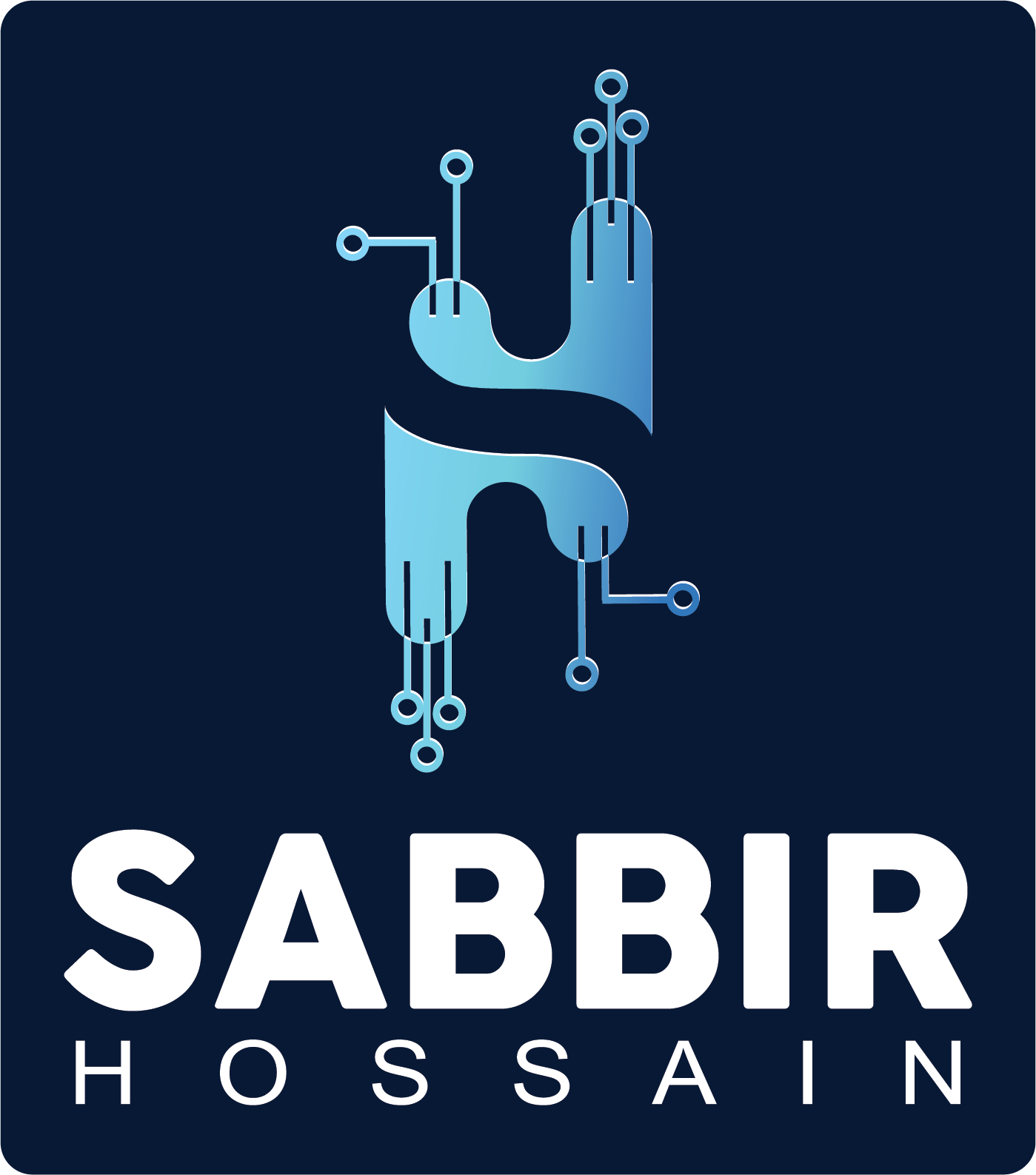LinkedIn is by far the most popular social networking platform for finding out all about person’s professional and business activities. It’s widely used by employers around the globe to hire resources or to look out for available resources. 87% of recruiters mentioned that they look for right resources in linkedIn[1]. In this pandemic era, it has become one of the most reliable places for finding the right people. With 756M+members and 15M+ Job openings[2], its undoubtedly the largest professional platform.

However, exactly how much trustworthy is the data provided in LinkedIn by its members? A statistic shows that around 85% jobseekers provide false/exaggerated information on their resume[3]. But here we are talking about both virtual and physical resume. Its very obvious that user’s tendency of faking things are much more in virtual world than that of physical. Let’s get back to the point which is the title of this article.
I myself was in top executive position for the country for a Multinational Organization and have to go through recruitments which required screening hundreds of CV both physical and from LinkedIn (and sometimes co-relating physical CV with LinkedIn profile as well). IT people are active on LinkedIn for obvious reasons and they many ways rely on it to showcase their skills. Numerous amounts of certifications are offered to IT personnel by different institutions and here is the trick lies. Let’s consider a certification offered by HarvardX. “HarvardX online courses bring Harvard’s extensive catalogue of expertise and research to learners around the globe. Launched in parallel with edX (a non-profit learning platform founded by Harvard and MIT), HarvardX independently represents Harvard’s academic diversity, showcasing the University’s highest quality offerings to serious learners everywhere.” That’s the description mentioned in their site. There are few noticeable things here, its online courses and not degrees, also its independent. Now, if a person gets a free HarvardX course and claims himself as Harvard Graduate/Harvard Postgrad, will that sound ethical? The similar sort of courses is widely offered by Future learn from Deakin University, University of Leeds, The University of Waikato, University of Michigan and many more. The point is, these offered items are courses and not entire degrees. There are numerous profiles on LinkedIn where these courses are skipped and the name of these Universities are used in such a way that it seems like those profile holders are graduated from there! In the similar manner, there are prestigious IT certifications like CISSP, CISM, CEH, OSCP, ISO 27001 LA etc. These certifications are really tough to achieve and require months of hard work and years of knowledge. There are several online course websites like Cybrary who offer shorter version of such courses. They go through a quick review of the materials and sometimes arrange an exam that’s not even close to the real one. Now, if an IT person is getting a CISSP from Cybrary, and another gets the same from ISC2, who are the real certification body for it, are they value same? Or, if the person getting CISSP completion certificate from Cybrary can write CISSP in his profile? The answer is obvious, right? NO.
The third faking that is done frequently is using fake designations. There are hundreds of resumes in LinkedIn who uses designations for themselves that actually do not exist in his organization’s organogram! While screening resumes, we have found CTO with 1 year experience, CEO with fresher and so on and so forth.

Why these are on rise? One of the prime reasons is there’s already lack of IT resource persons. Recruiters do not verify candidates background on hurry and relies (or trusts) the information provided by them. In one statistic it’s shown that only 20–25% recruiters verify or check the background of the employees. Its time to change this culture. An IT role is very vital for any organization. The person is trusted with tools and technologies which actually run a company and business in this remote office era. If that person is not trustworthy and lying about his degrees, certifications or backgrounds, at least I can not trust him with my IT systems. HR should step forward as well as academia and certification bodies to set a quick verification mechanism for recruiters to tackle the situation. LinkedIn can set a mechanism with the academia or certification bodies to verify automatically the provided information as well to reduce number of fake data from their platform. Punishments and blacklisting should be introduced for such candidates so that the rate of faking reduces or erases completely. We all need to come forward and take necessary measures from each of our capacity to ensure a clean and trustworthy IT recruitment system.
